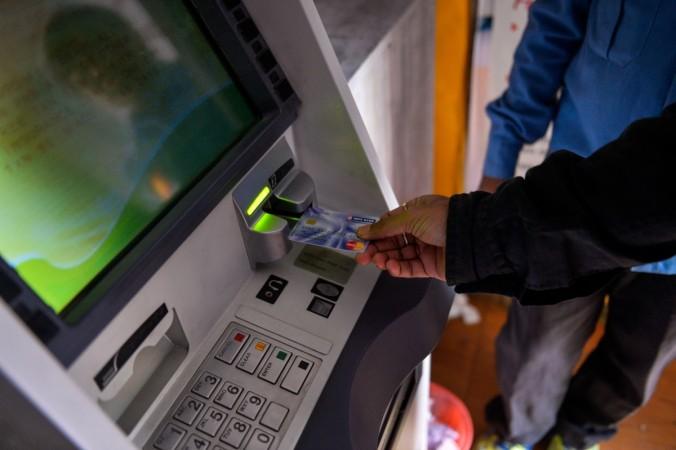
In separate financial stability assessments statements, the International Monetary Fund (IMF) and the Reserve Bank of India (RBI) have stated that mounting non-performing assets (NPAs) pose high risk to the Indian banking system. They also urged Indian government to consider privatisation of weak public sector banks (PSBs) rather than merging them with stronger banks, Mint reported.
The institutions also recommended increasing the autonomy of the Reserve Bank of India (RBI), expansion of other financial regulators' resources, introduction of a risk-based solvency regime and enhancement of safety measures to improve financial stability.
According to IMF, the country's key banks appear strong, the system is subjected to vulnerabilities in more than one ways and their capital needs range from 0.75 percent of GDP in the baseline to 1.5 percent of GDP in the severe adverse scenario.
"Stress tests show that while the largest banks are sufficiently capitalized and profitable to withstand deterioration in economic conditions, a group of PSBs are highly vulnerable to further declines in asset quality and higher provisioning needs. These vulnerable banks would require additional capital under the baseline scenario and some would almost deplete capital buffers due to growing NPAs (non-performing assets) and provisioning needs if stress intensifies. Capital needs are manageable in the aggregate, ranging between 0.75% of GDP in the baseline to 1.5% of GDP in the severe adverse scenario," IMF stated in the note.
The central bank's stress tests also show a rise in non-performing assets (NPAs) even though the regulator said that India's financial system as a whole remains stable and stress in the banking sector, "while significant, appear to be bottoming out".
As of June, the country's banking system has gross NPAs of around Rs 10 lakh core, of which 70 percent comes from the state-owned lenders. It is feared that a rise in bad loans would also hit the capital adequacy ratio of banks, the regulator warned.
"While the ongoing deleveraging in the heavily indebted parts of the corporate sector and muted credit growth in the public sector banks pose a risk to growth. The decisive recapitalisation move by the government could provide the much needed fillip to private investment going forward," Mint quoted N S Vishwanathan, deputy governor of RBI as saying.
In October, the finance ministry announced a mega Rs 2.11 lakh crore recapitalisation plan for PSU banks over the next two years. And later in November, the government announced the establishment of an alternative mechanism panel, headed by finance minister Arun Jaitley, to seek consolidation across state-owned banks.








